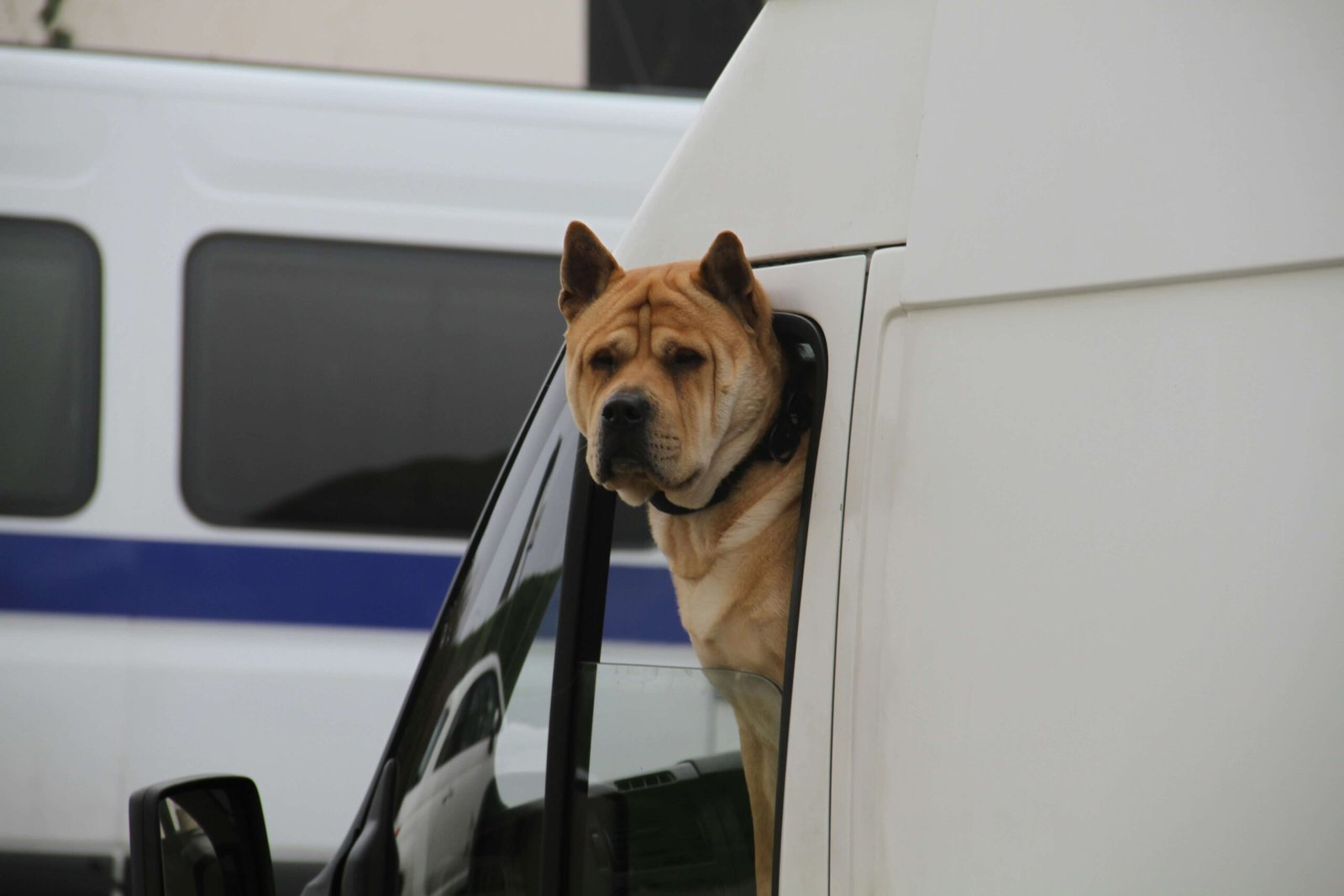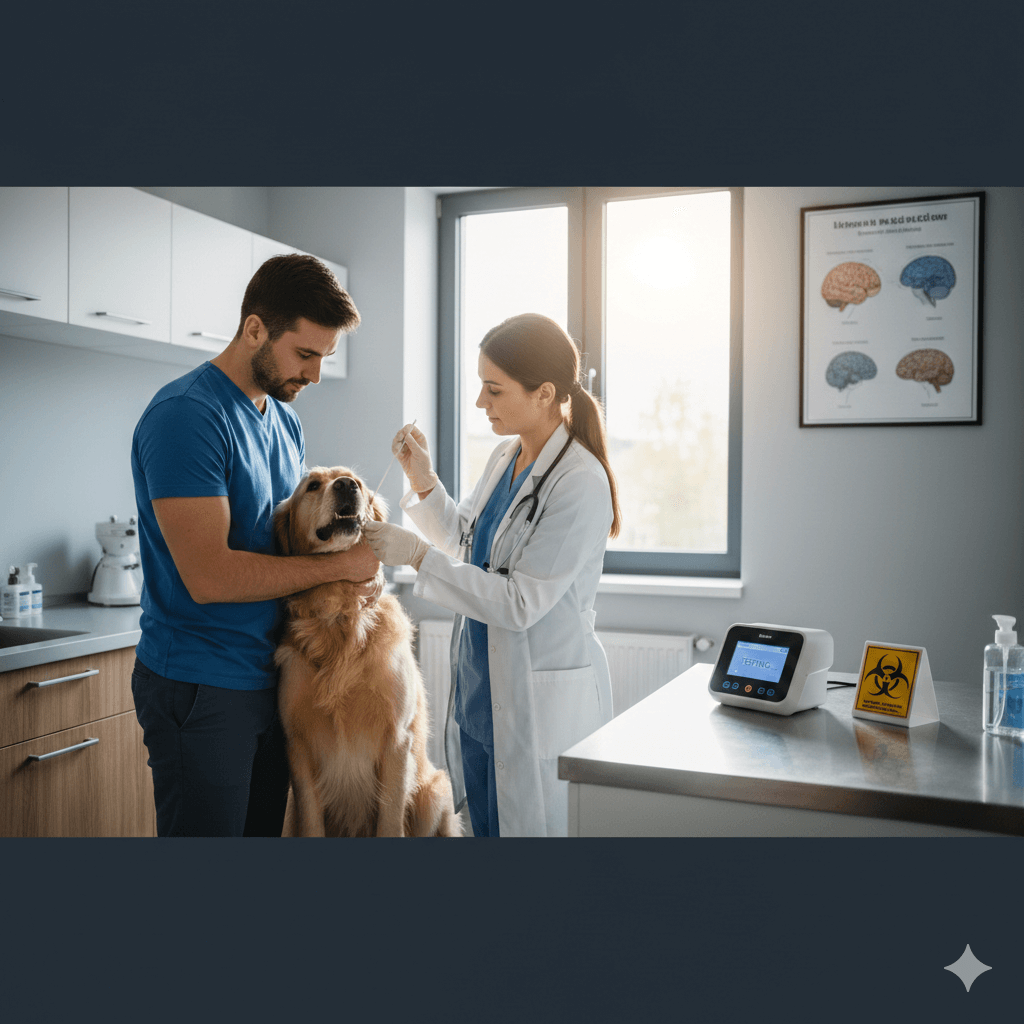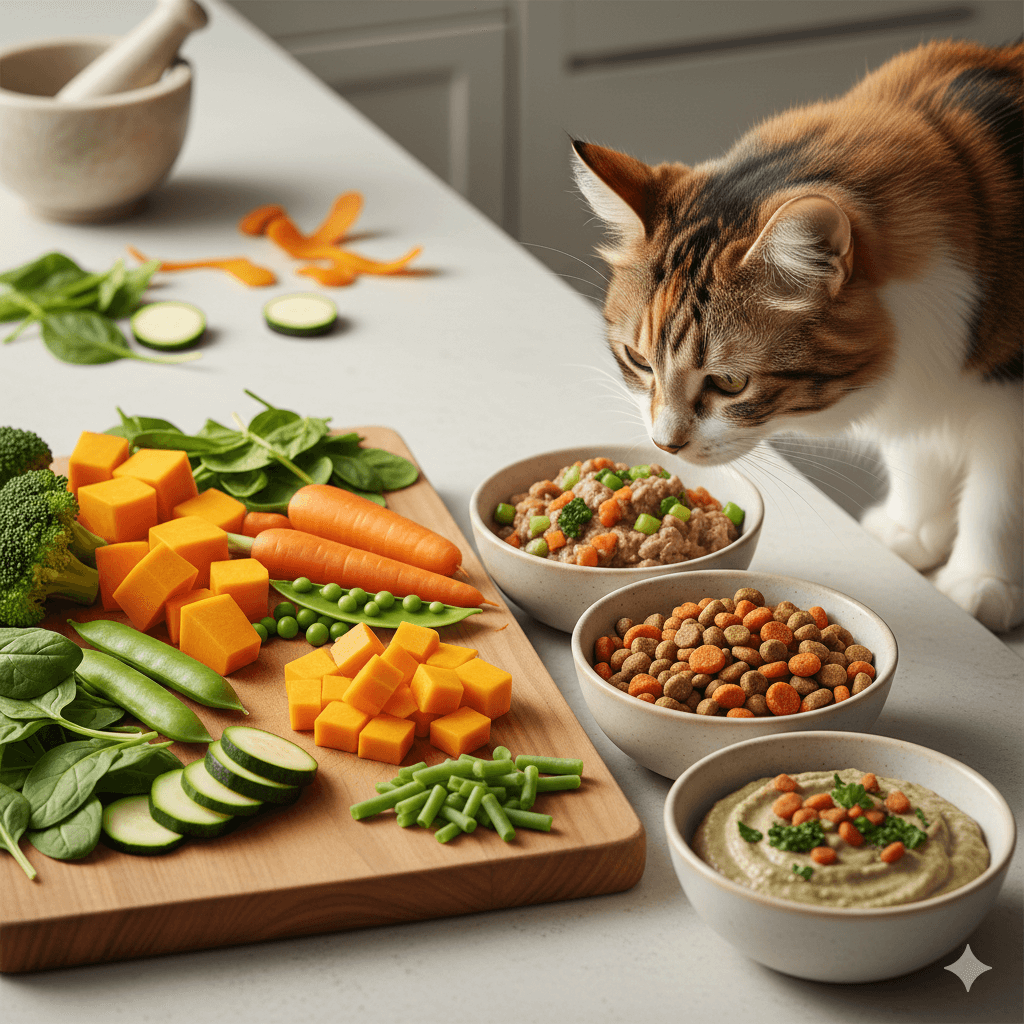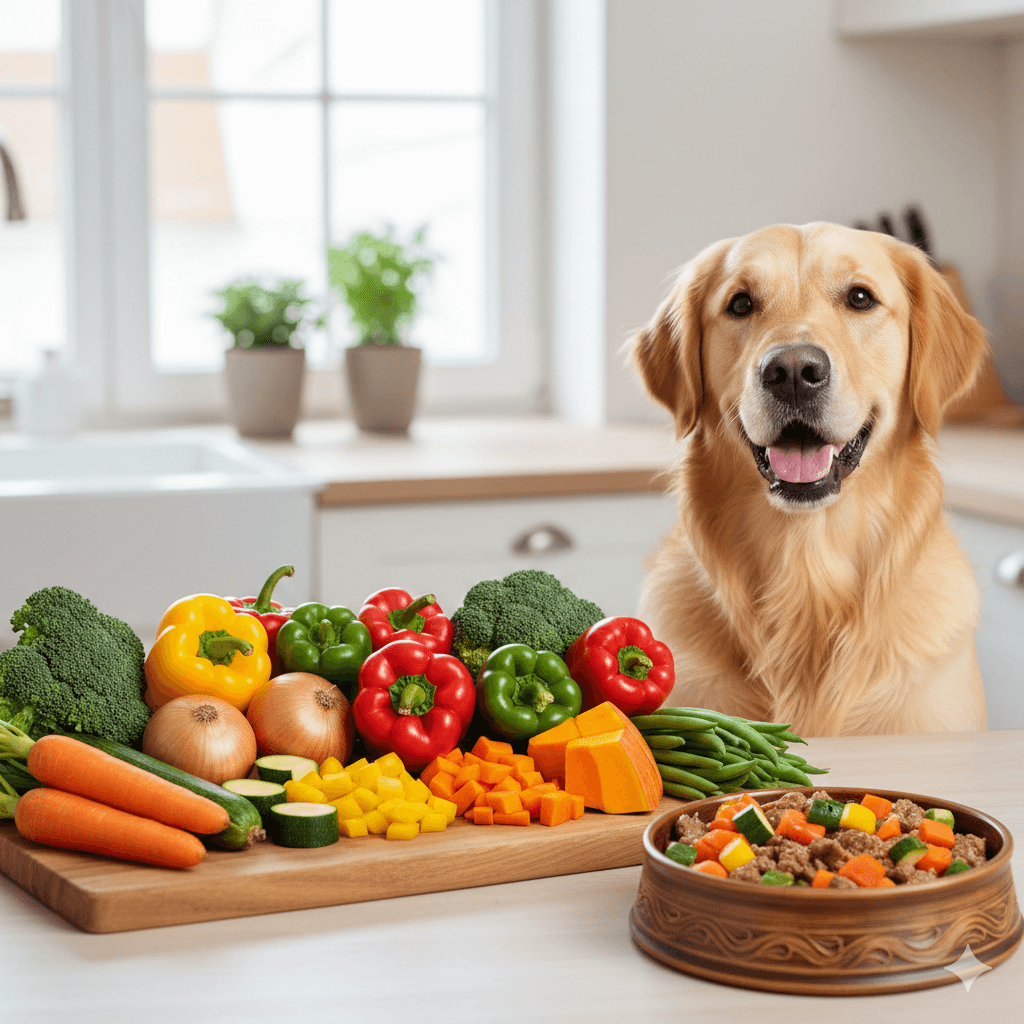How to Fatten Up a Dog in a Week: Safe and Effective Strategies
If you’ve noticed that your dog is looking a little too thin or has lost weight recently, you might be wondering how to fatten up a dog in a week. While rapid weight gain isn’t always ideal, there are safe and healthy ways to help your pup put on some much-needed pounds in a short time frame. Whether your dog is recovering from an illness, has a high metabolism, or simply needs a nutritional boost, this guide will walk you through the steps to ensure they gain weight safely without compromising their health. From nutrient-rich foods to portion adjustments, we’ll cover everything you need to know to support your furry friend’s journey to a healthier weight.
Key Steps to Safely Fatten Up Your Dog
Fattening up a dog requires more than just increasing food portions—it’s about providing nutrient-dense meals that support healthy weight gain. Here are some key steps to follow:
Consult Your Veterinarian First
Before making any dietary changes, consult your vet to rule out underlying health issues like parasites, dental problems, or metabolic disorders.Choose High-Calorie, Nutrient-Rich Foods
Opt for foods that are calorie-dense but still packed with essential nutrients, such as lean meats, eggs, and healthy fats.Increase Portion Sizes Gradually
Sudden increases in food can upset your dog’s stomach. Gradually increase portion sizes over a few days to allow their digestive system to adjust.Add Healthy Fats to Their Diet
Incorporate sources of healthy fats like salmon oil, flaxseed oil, or small amounts of peanut butter to boost calorie intake.Offer Frequent, Smaller Meals
Instead of two large meals, divide your dog’s daily food into four to five smaller meals to make it easier for them to consume more calories.
By following these steps, you can ensure your dog gains weight in a way that supports their overall health and well-being. Always monitor their progress and adjust as needed.
Best Foods to Help Your Dog Gain Weight
Choosing the right foods is crucial when trying to fatten up your dog. Here are some of the best options to include in their diet:
Lean Proteins
Chicken, turkey, beef, and lamb are excellent sources of protein that help build muscle and provide energy.Eggs
Eggs are rich in protein and healthy fats, making them a great addition to your dog’s meals. Serve them boiled or scrambled (without seasoning).Cottage Cheese and Plain Yogurt
These dairy products are high in calories and provide calcium and probiotics for digestive health.Sweet Potatoes
Sweet potatoes are calorie-dense and packed with vitamins, making them a nutritious carbohydrate source.Peanut Butter
A small spoonful of unsweetened, xylitol-free peanut butter can add extra calories and healthy fats to your dog’s diet.
Incorporating these nutrient-rich foods into your dog’s meals can help them gain weight safely while ensuring they receive the essential nutrients they need.
Check this guide 👉5 Best High-Fat Dog Foods for Ultimate Energy & Health!
Check this guide 👉Homemade Weight Gainer for Dogs: Best 7 Expert Tips!
Check this guide 👉Top 5 Best Bacon Dog Treats for Ultimate Pawsome Rewards!
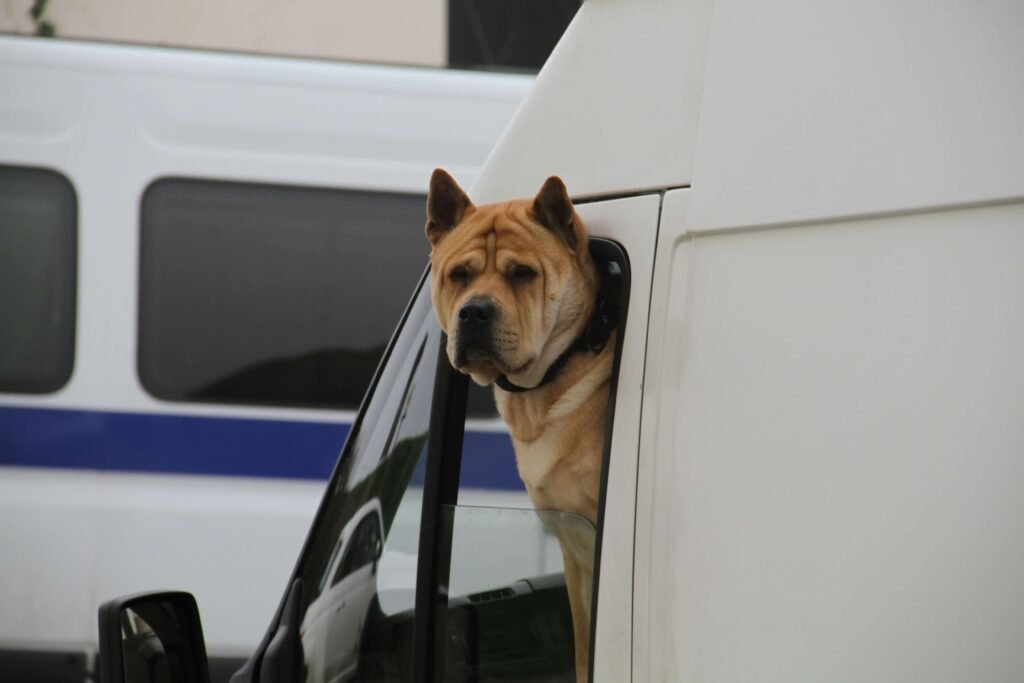
Food Type | Benefits for Weight Gain |
|---|---|
Lean Proteins | Builds muscle and provides energy |
Eggs | High in protein and healthy fats |
Cottage Cheese | Adds calories and supports bone health |
Sweet Potatoes | Provides energy and essential vitamins |
Peanut Butter | Adds healthy fats and boosts calorie intake |
Tips to Encourage Your Dog to Eat More
Even with nutrient-rich foods, some dogs may be picky eaters or have a reduced appetite. Here are some tips to encourage them to eat more:
Enhance Flavor with Toppings
Sprinkle a little grated cheese, crushed kibble, or a drizzle of broth over their food to make it more appealing.Warm Up Their Food
Warming food slightly can enhance its aroma and make it more enticing for your dog.Create a Stress-Free Environment
Feed your dog in a quiet, comfortable space to reduce distractions and encourage them to focus on eating.Use Interactive Feeders
Puzzle feeders or slow-feed bowls can make mealtime more engaging and encourage your dog to eat more.Stick to a Routine
Dogs thrive on consistency. Feeding at the same times each day can help regulate their appetite and digestion.
By implementing these strategies, you can make mealtime more enjoyable for your dog and ensure they’re consuming enough calories to gain weight.
Signs Your Dog is Gaining Weight Healthily
It’s important to monitor your dog’s progress to ensure they’re gaining weight in a healthy manner. Here are some positive signs to look for:
Improved Energy Levels
A healthier weight often leads to increased energy and playfulness.Visible Muscle Definition
Healthy weight gain should result in stronger muscles rather than just fat accumulation.Shinier Coat
A glossy, healthy coat is a sign that your dog is receiving adequate nutrition.Better Appetite
As your dog feels better, their appetite may improve, creating a positive cycle of healthy eating.No Digestive Issues
Healthy weight gain should not cause diarrhea, vomiting, or other digestive problems.
If you notice these signs, your efforts are paying off. However, if your dog experiences any negative symptoms, consult your veterinarian immediately.
Common Mistakes to Avoid When Fattening Up a Dog
While trying to help your dog gain weight, it’s easy to make mistakes that could harm their health or slow progress. Here are some common pitfalls to avoid:
Overfeeding Too Quickly
Feeding too much food at once can overwhelm your dog’s digestive system and lead to vomiting or diarrhea.Choosing Low-Quality Foods
Opting for cheap, filler-heavy foods may add calories but won’t provide the nutrients your dog needs for healthy weight gain.Ignoring Hydration
Increasing food intake without ensuring proper hydration can lead to constipation or other digestive issues.Skipping Vet Checkups
Failing to consult your vet before making dietary changes could mean missing underlying health problems causing weight loss.Using Unsafe Human Foods
Some human foods, like chocolate or onions, are toxic to dogs and should never be used as weight-gain solutions.
By avoiding these mistakes, you can ensure your dog gains weight safely and effectively while maintaining their overall health.
Supplements That Support Weight Gain in Dogs
In addition to nutrient-rich foods, certain supplements can aid in healthy weight gain and improve your dog’s overall well-being. Here are some options to consider:
Fish Oil
Rich in omega-3 fatty acids, fish oil supports skin, coat, and joint health while adding healthy calories to your dog’s diet.Probiotics
Probiotics improve gut health, which can enhance digestion and nutrient absorption, helping your dog get more out of their meals.Multivitamins
A high-quality multivitamin can fill nutritional gaps and support your dog’s immune system during weight gain.Bone Broth
Bone broth is calorie-dense, hydrating, and packed with nutrients like collagen, making it an excellent supplement for underweight dogs.Digestive Enzymes
These enzymes can help break down food more efficiently, ensuring your dog absorbs maximum nutrients from their diet.
When used alongside a balanced diet, these supplements can accelerate safe weight gain and improve your dog’s overall vitality.
How to Monitor Your Dog’s Progress Effectively
Tracking your dog’s weight gain journey is essential to ensure they’re progressing safely and healthily. Here’s how to monitor their improvement effectively:
Weigh Your Dog Regularly
Use a pet scale or visit your vet to track small changes in your dog’s weight over time.Take Body Condition Photos
Regular photos can help you visually assess changes in muscle tone and body shape.Check Energy Levels Daily
Note whether your dog seems more energetic or lethargic, as this can indicate how well they’re tolerating the new diet.Observe Stool Consistency
Healthy digestion is key. Look for firm, regular stools as a sign of proper nutrient absorption.Track Food Intake
Keep a journal of what and how much your dog eats daily to identify patterns or areas for adjustment.
By closely monitoring these factors, you’ll have a clear picture of your dog’s progress and can make informed decisions about their care.
Frequently Asked Questions About Fattening Up a Dog
Can I fatten up my dog in a week?
Yes, but it’s important to focus on safe, gradual weight gain using nutrient-rich foods.
What foods should I avoid when trying to fatten up my dog?
Avoid sugary, salty, or processed human foods, as they can harm your dog’s health.
How much food should I feed my dog to help them gain weight?
The exact amount depends on your dog’s size, breed, and activity level. Consult your vet for personalized advice.
Is it normal for my dog to gain weight quickly?
Rapid weight gain can be unhealthy. Aim for gradual increases in calories and monitor their condition closely.
What if my dog refuses to eat more?
Try different foods, textures, or feeding methods to entice them. If the issue persists, consult your veterinarian.
Final Thoughts: Supporting Your Dog’s Healthy Weight Gain
Learning how to fatten up a dog in a week involves careful planning, patience, and attention to detail. By choosing nutrient-rich foods, increasing calorie intake gradually, and monitoring your dog’s progress, you can help them achieve a healthier weight without compromising their well-being. Remember, every dog is unique, so tailor your approach to their individual needs and consult your veterinarian whenever necessary. With love, care, and the right nutritional strategy, you’ll soon see your furry friend thriving and feeling their best.
Can a Cat Be Tested for Rabies? Best 7 Expert Tips! – Learn if testing is possible, understand the process, and discover prevention tips to keep your cat safe from rabies.
Can a Dog Be Tested for Rabies? Best 7 Expert Tips! – Learn how rabies testing works, why it’s critical, and what every dog owner needs to know.
Best Vegetables for Cat Food: Best 7 Expert Tips! – Discover safe, nutritious veggies to boost your cat’s diet, support digestion, and enhance overall health naturally.
Best Vegetables for Dog Food: Best 7 Expert Tips! – Discover safe, nutritious veggies to boost your dog’s diet, support digestion, and enhance overall health naturally.

